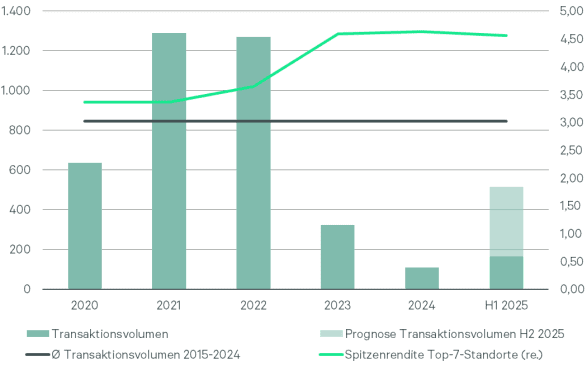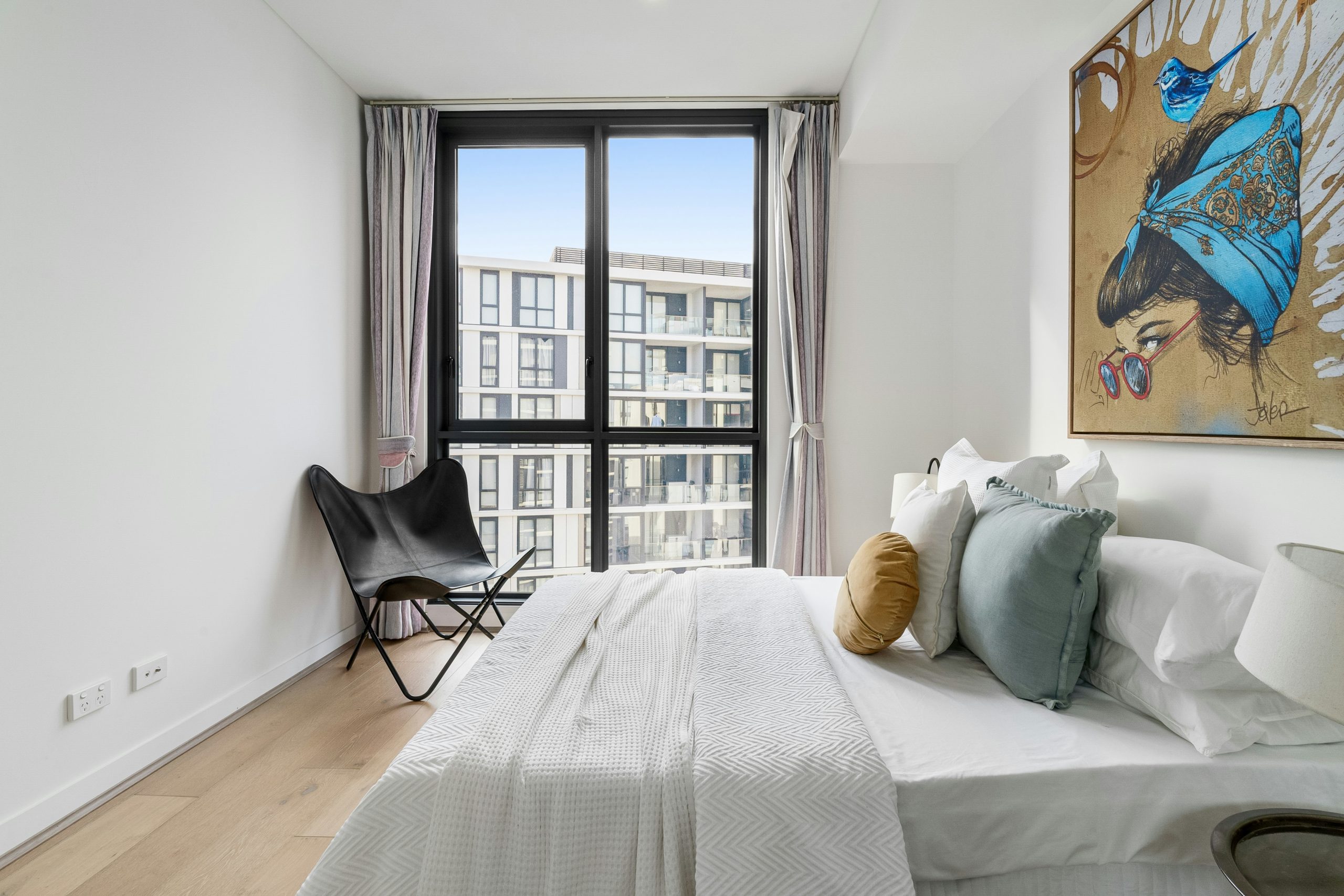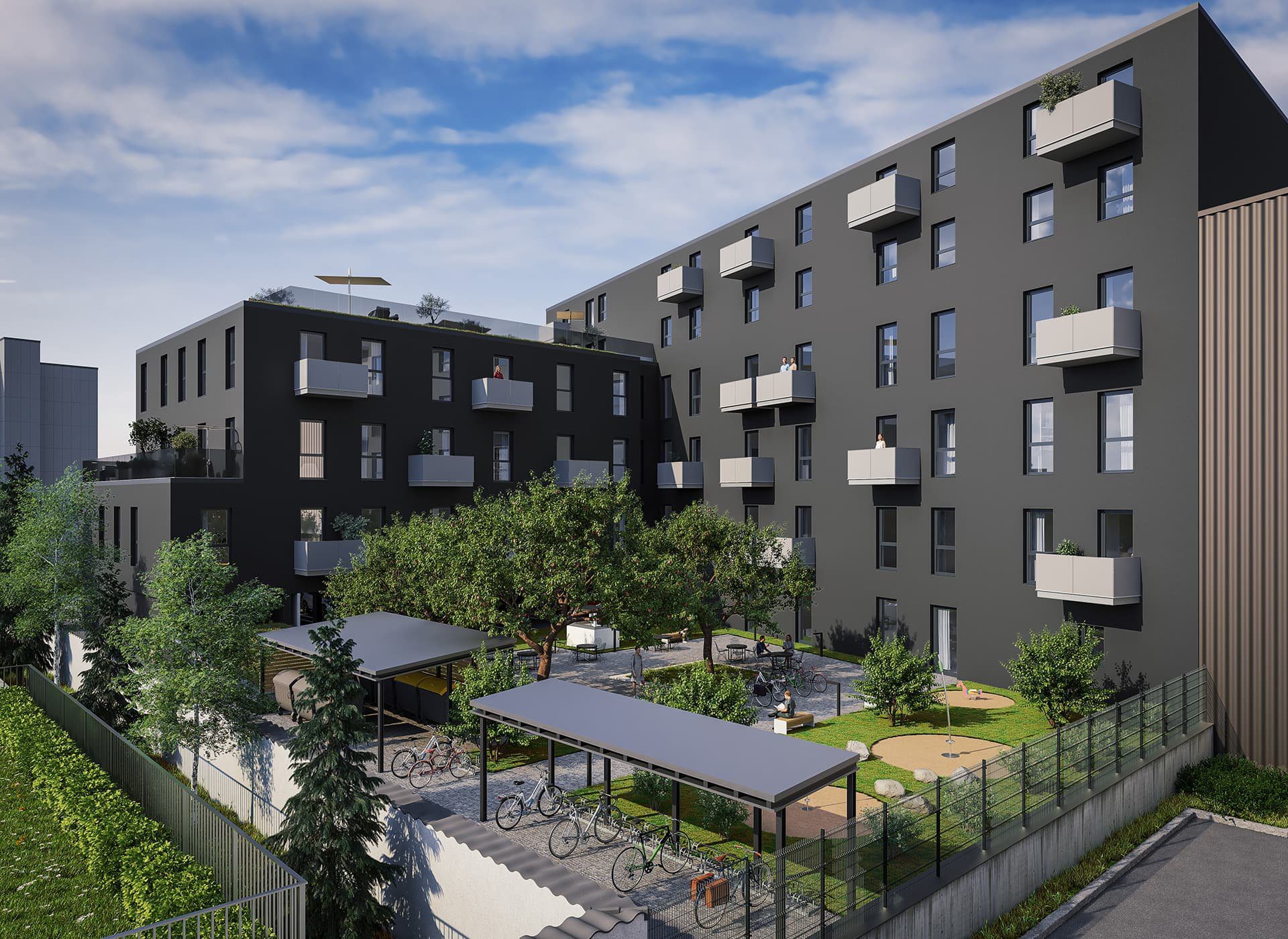The German market for modern living (student housing, co-/micro living, services apartments) showed a significant upturn in the first half of 2025: With a volume of 165 million euros, the total volume of the previous year was already exceeded by the first half of the year.
This is the result of a recent analysis by the global real estate service provider CBRE, which can be accessed under this link .
“Although the volume remains below average by historical standards, there are signs of a market recovery,” says Marco Schnell, Head of Investment Advisory Services at CBRE in Germany. This is because larger portfolios and operators are up for sale, which could increase the transaction volume to over 500 million euros in 2025 as a whole.
The average prime yield in the top 7 locations was stable at just under 4.6 percent in the middle of the year. “A slight compression by the end of the year is possible, but we expect a stable level in the medium term,” says Marcus Max, Associate Director Valuation Operational Real Estate at CBRE in Germany.

In contrast to the boom years of 2021 and 2022, it has been mainly older portfolio properties that have been traded recently. Only a few transactions were for more recent properties or project developments. “Investors are increasingly relying on renovations in order to achieve return targets – a sign of the establishment of value-add strategies in the Modern Living segment as well,” says Schnell.
The supply rate of available dormitory places in relation to the local students in the top 7 cities is quite low compared to other European markets at only six to twelve percent. Private operators are taking advantage of the gap in coverage and have now established themselves as a relevant alternative to the public student unions.
Despite high demand, the supply of new buildings remains low. Banks and licensing authorities are acting cautiously, which is slowing down project developments. “What the top 7 have in common is that even after the well-known pipeline has been implemented, there will not be enough living space available for students,” explains Jirka Stachen, Head of Research Consulting Continental Europe.




